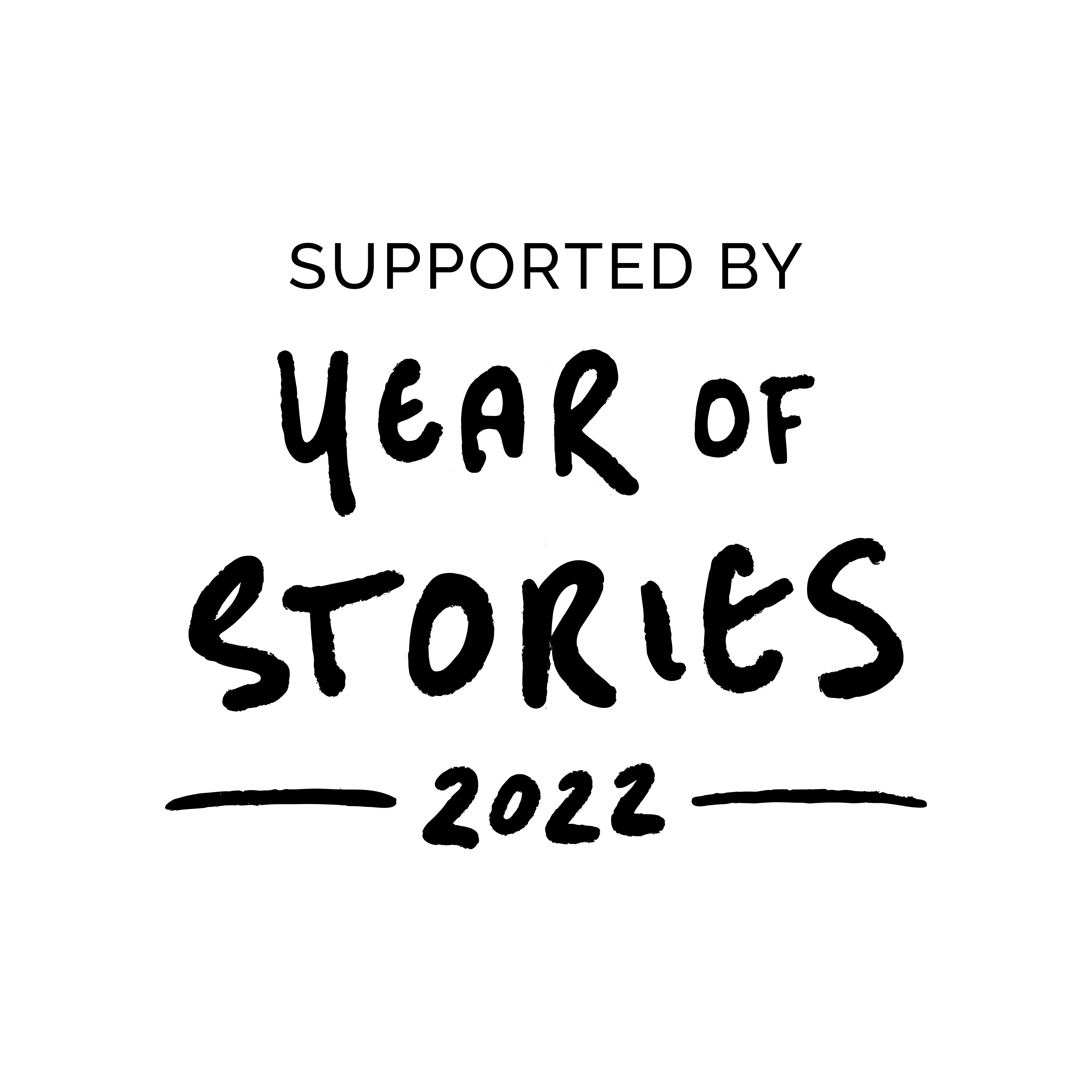What makes a legacy? How does a story form? What makes it interesting?
What is Truth? What is a lie? Where do untold stories live and who tells them?
It sounds like I’ve spent too much time in dusty old bookshops, doesn’t it…?
Over the past months I have found myself in several dark corners of several dark bookshops, pondering the importance of stories. These are some of the questions that have arisen while creating the new storytelling performance, The Bookshop Untold.
What are stories and why do we tell them? I remember my history teacher telling me that ‘History is a tale told by the victors’, and I remember wondering, what is the other half of the story?
As my friends and family can attest, I’m a nature storyteller. I’ve got hundreds – some dramatic, some mundane, some in which I’m the hero, some in which I’m the villain. There’s the tale of the time I wandered off in a shopping centre at the age of two and walked half a mile in search of an orange juice from McDonalds. Or the one when I got a bloody nose by standing up to the school bully who was throwing homophobic slurs. Or the story of the time I got caught speeding and rapidly confessed to every parking fine and traffic violations I had ever committed, until the officer was laughing so hard he let me go.
I have plenty of stories but I’ve realised over years that none of them are entirely true anymore. Each time they’ve been brought out and dusted off, they get a small edit; a misremembering; a deliberate trim for comedic effect. An extra detail thrown in that I forgot in the telling before. A rehearsed conclusion for dramatic effect. And if they’re stories I got from someone else – my mother told me the orange juice story – I’m sure they went through another internal editing as well. So what does this mean? Am I a fibber? Liar, liar pants on fire? And my mother as well? No, I don’t think so.
I think we all do it. I think it’s human nature. Offer up a story, then chop a bit off here, wipe it to the floor and kick it under the table. We don’t even know we’re doing it.
As a writer, director and theatre-maker, storytelling is my bread and butter. I think they are the most important things in the world but are they still important if they’re not true? How do we know what’s true or not? This brings us back to my fifteen-year-old self, asking my history teacher: what about the untold stories? The ones that never made it into the history books?
Then I hit upon an idea, inspired by all the incredible book shops I’ve been in but especially those that line the streets of Wigtown. What if a bookshop itself could tell you a story? What if It knew the stories behind the history books, which were never told? How would It go about telling them, without a pen to scrawl or a tongue to weave the tale? Could It have a partner in crime? A bookseller?
I’ve met many booksellers in my time, and they are never a boring bunch. Full of life and wisdom. Collectors, guardians, poets, and storytellers, all rolled into one.
So there it was; a magical bookshop and a wacky bookseller; a comedic storytelling duo. Now that is the makings of a show.
And how would it tell us this exciting new fable? Would it be like me? Would it take creative licence? Would it enjoy the very pleasure of sharing a tale?
This has been the inspiration for The Bookshop Untold.
It’s about a story lost in time. It’s about a man and a woman. It’s about love and art and a tall tree in a churchyard. A letter lost in a storm. It’s about storytelling and imagination. Art and bravery; passion and courage. It’s about right and wrong.
It’s been an intriguing and investigative development period. These last few months have been about weaving together these ideas, exploring various stories and asking what makes them real.
Come along and see for yourself at the Wigtown Book Festival.
Performance from Saturday 24th September – Saturday 1st October (excluding Monday 26th September).
Funded as part of our Scotland's Year of Stories programme.
